WEWANTSOUNDS
Label Spotlight on French Reissue label WeWantSounds.
Nestled in the heart of Paris, WewantSounds is a record label with a global soul. The label has gained a reputation for reissuing some of the most sought-after vinyl releases from around the world. With a sharp focus on quality, Wewantsounds breathes new life into rare and hard-to-find gems from Japan, the U.S., France, the Middle East, and beyond.
Whether it’s the futuristic electronic sounds of Ryuichi Sakamoto and Logic System, earthy Egyptian funk grooves, or the boundary-pushing works of Don Cherry and Brion Gysin, Wewantsounds ensures that each release is a curated experience. The label is committed to excellence, with all audio remastered for vinyl and complemented by original artwork, liner notes, and often lavish gatefold sleeves.
In a market saturated with reissues, Wewantsounds stands out by offering more than just music: it offers context, history, and a deeply immersive listening experience. From the sweeping orchestral works of Ennio Morricone to the smoky jazz of Michel Legrand, each release tells a story, handpicked with care and precision.




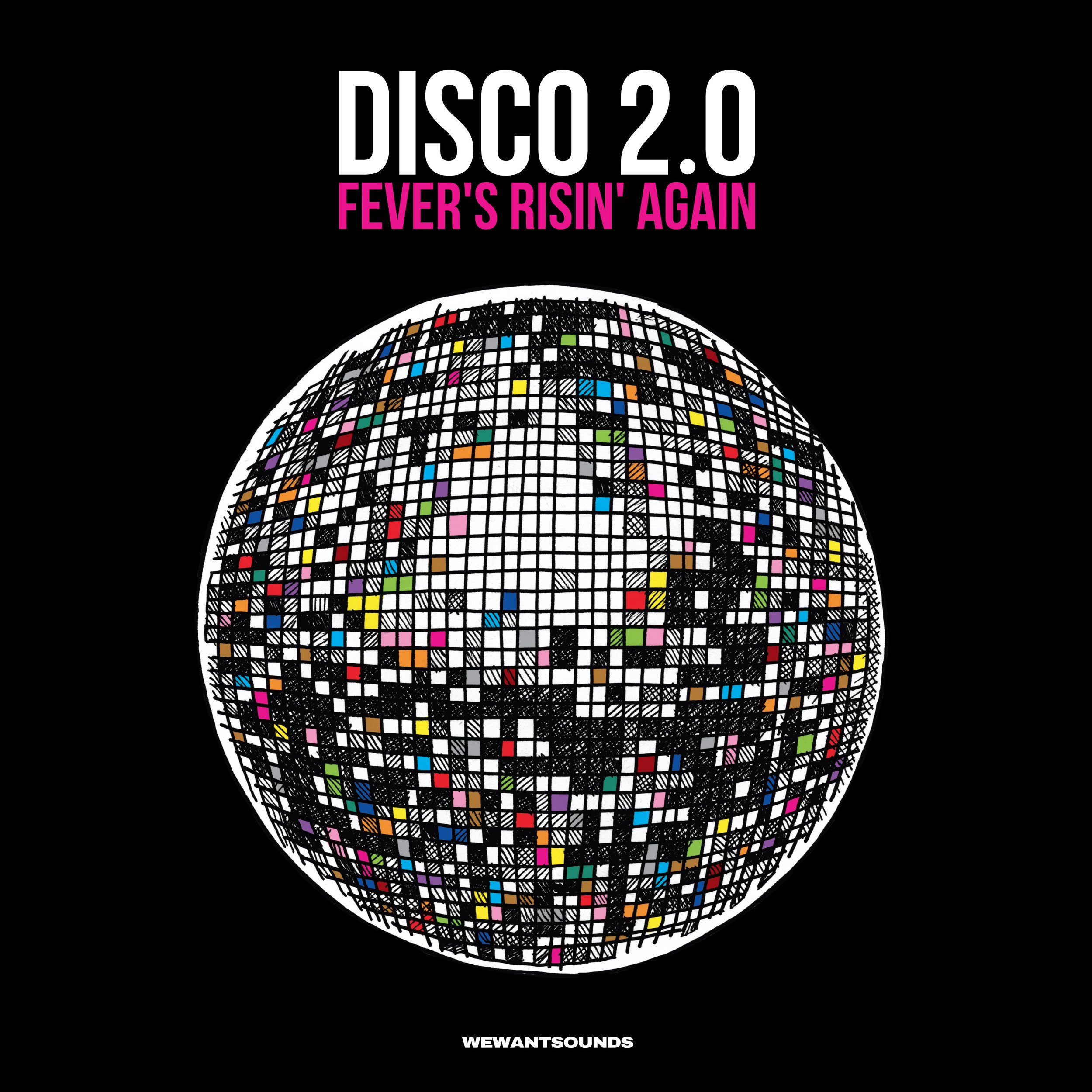


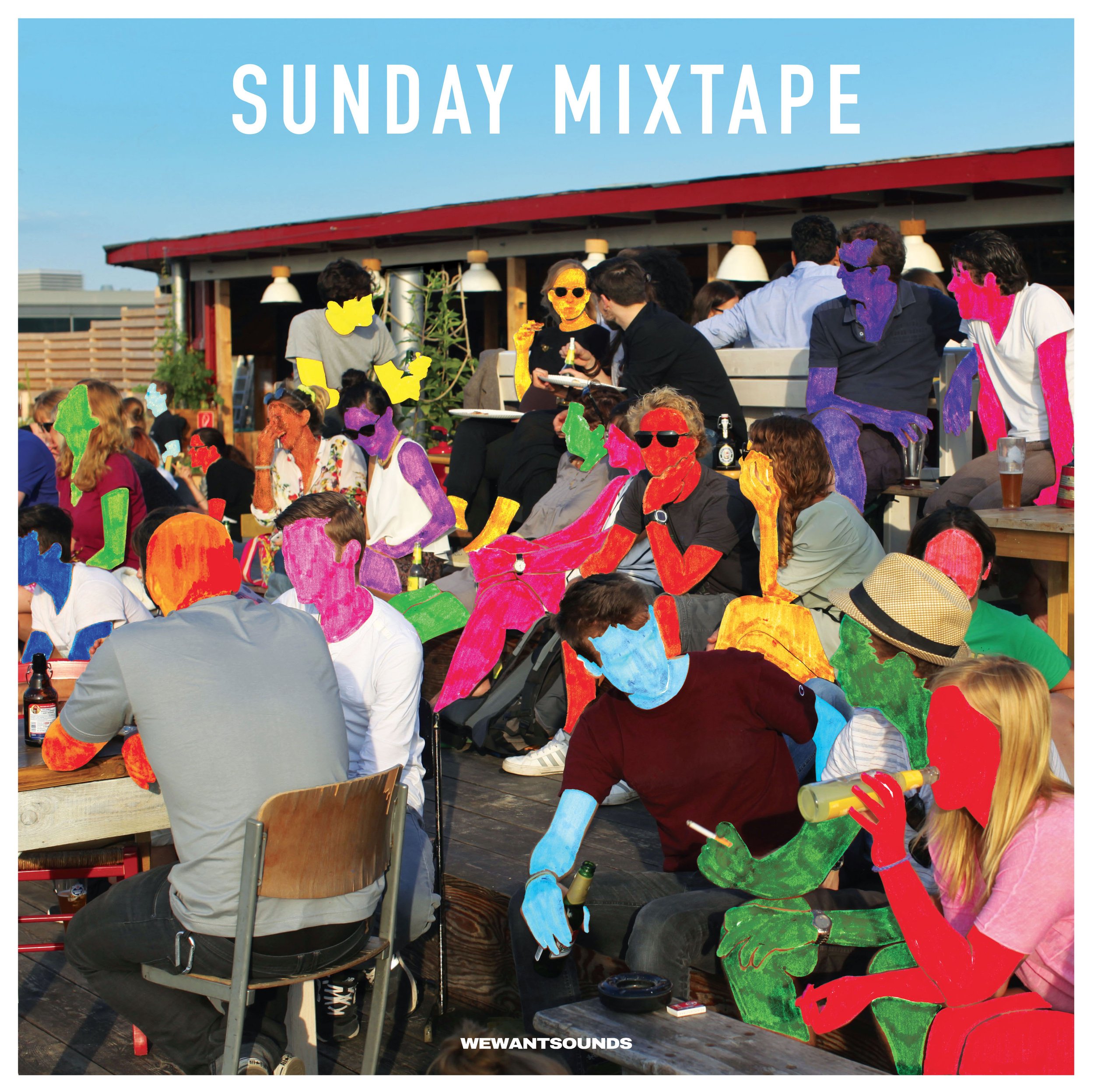



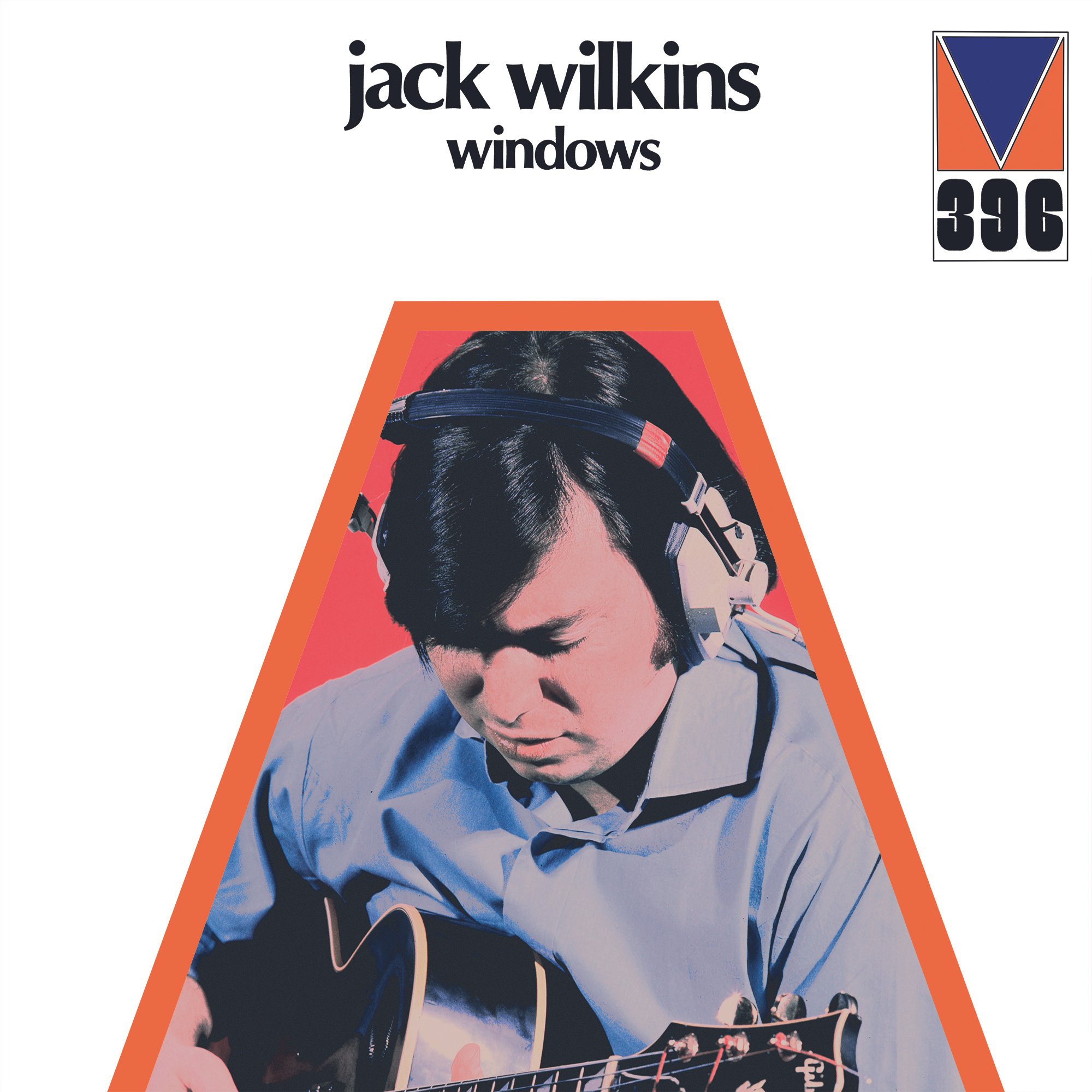



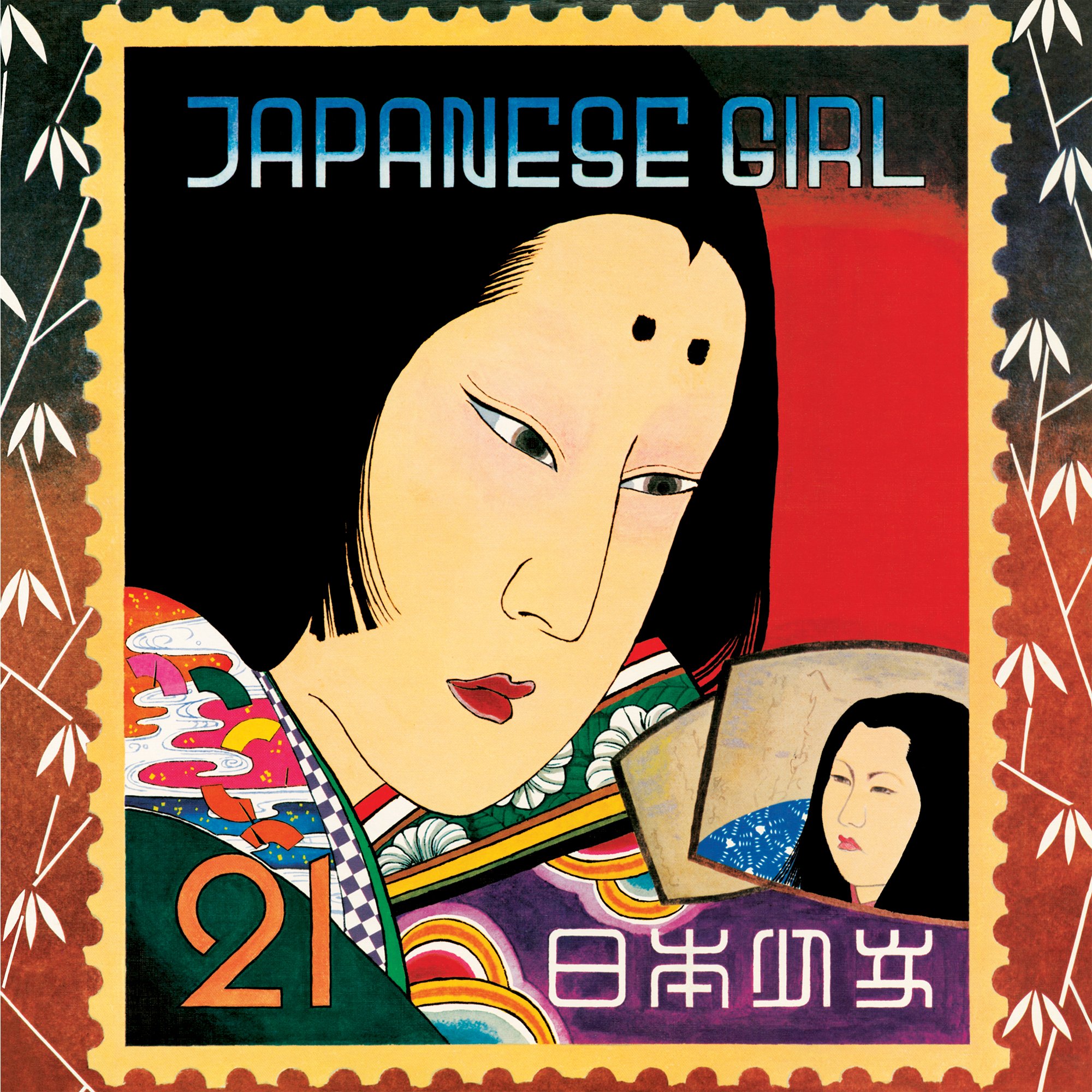
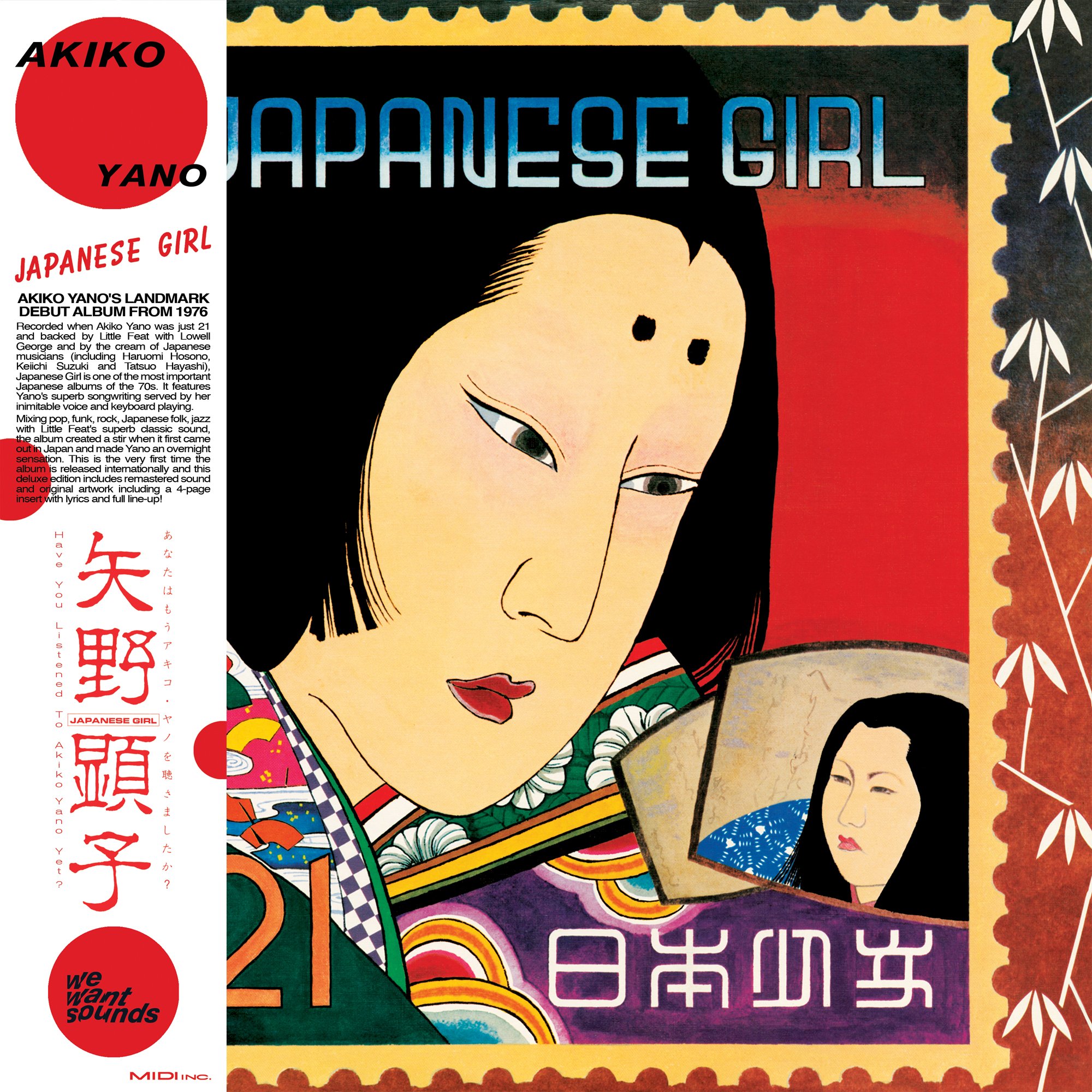



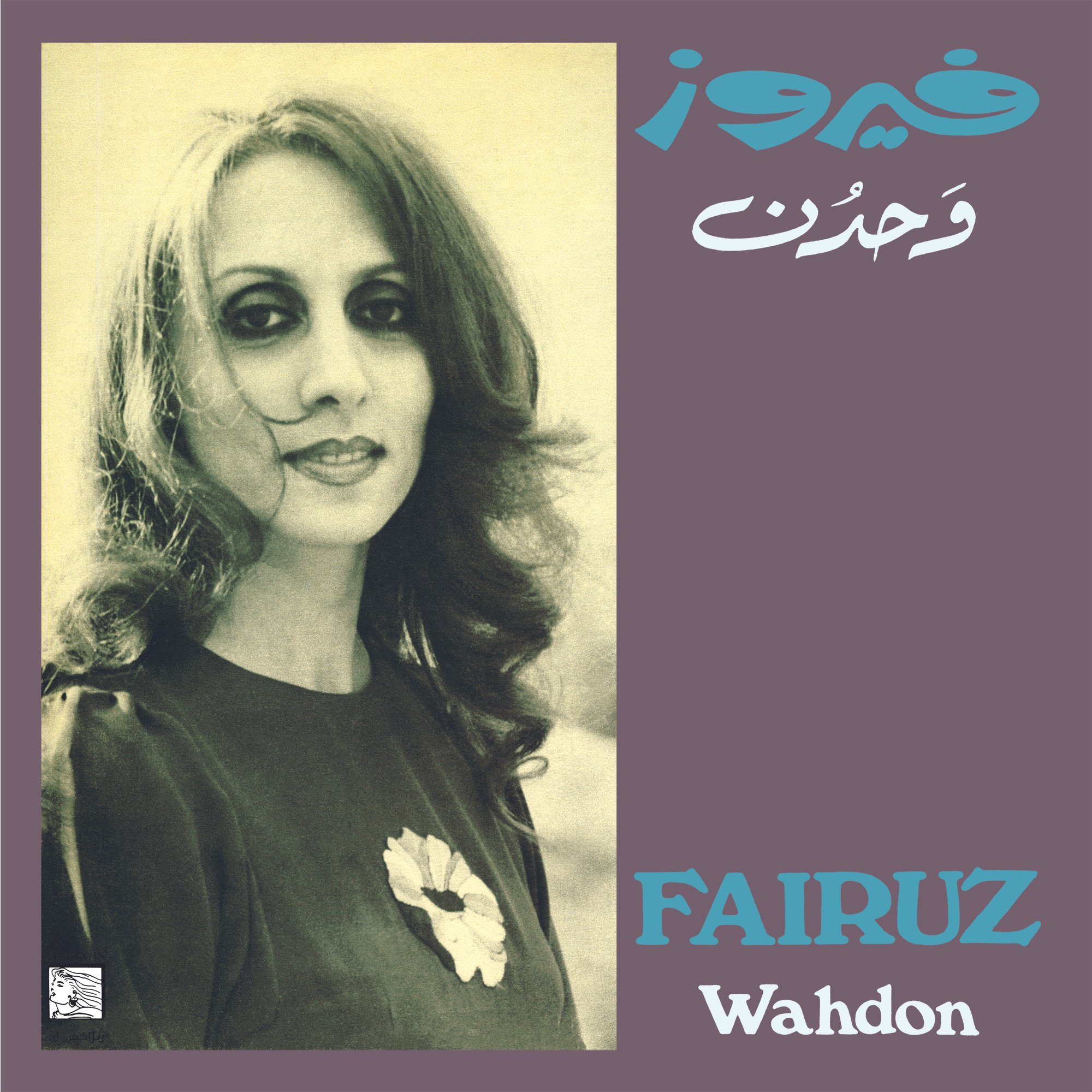

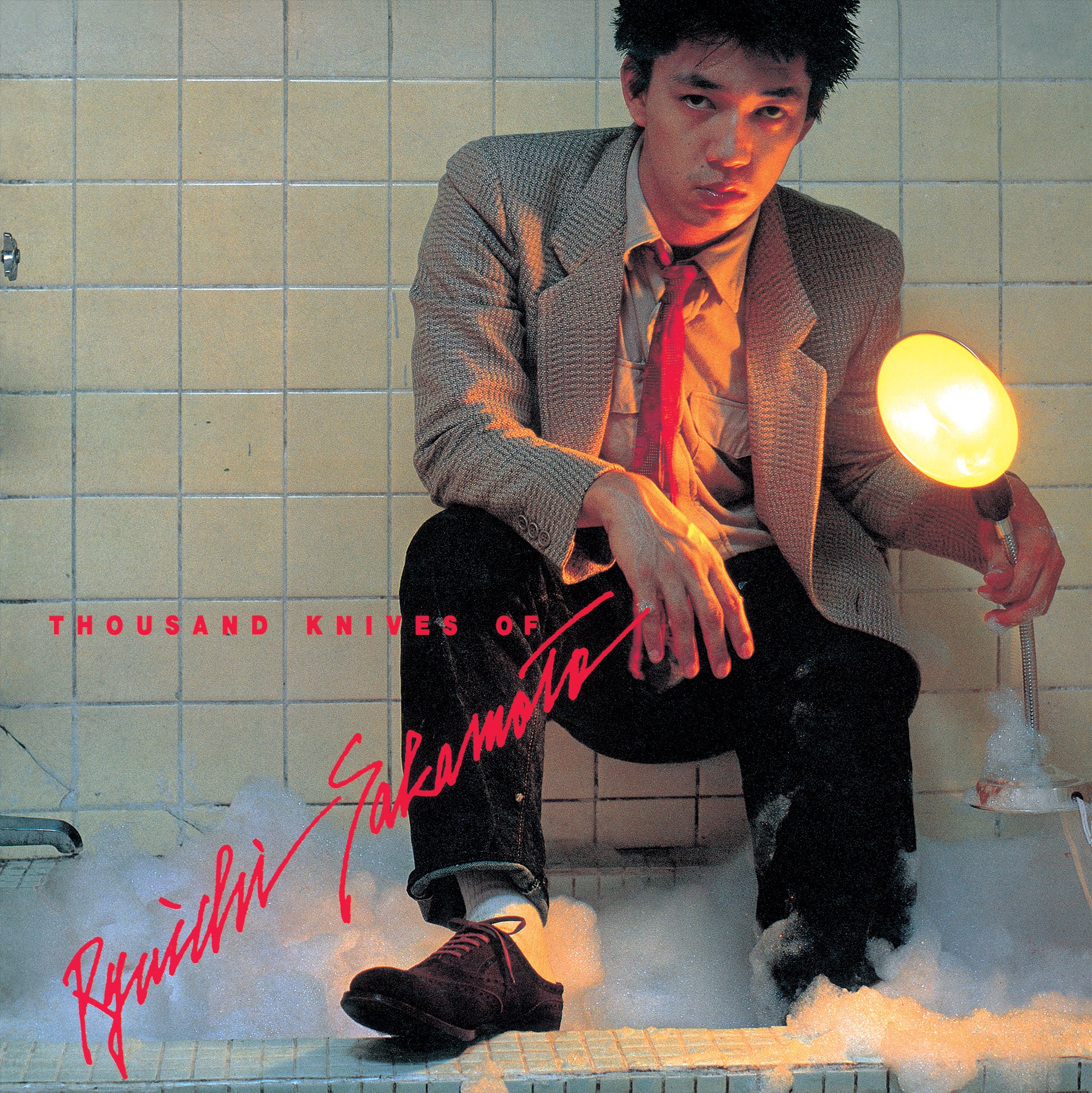
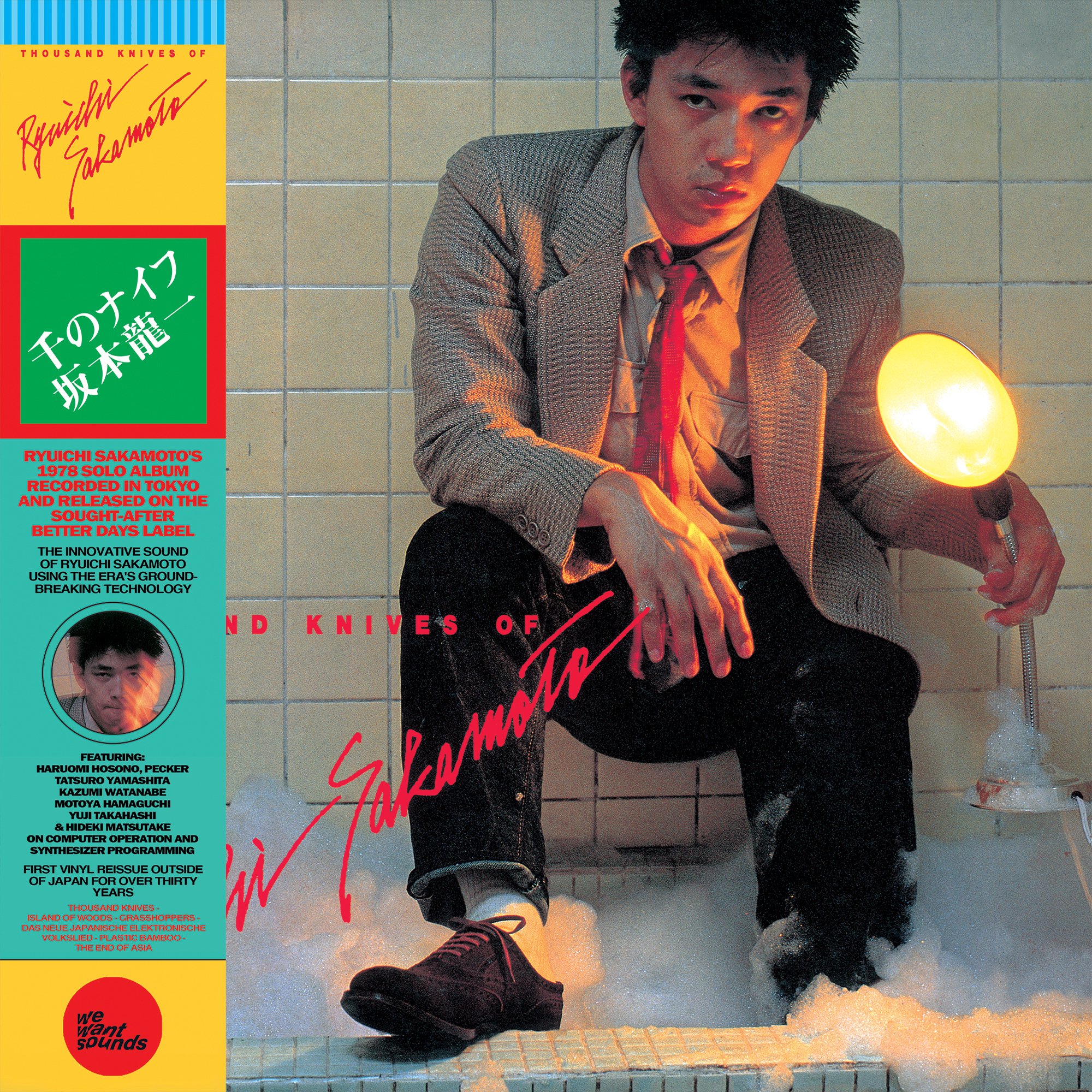

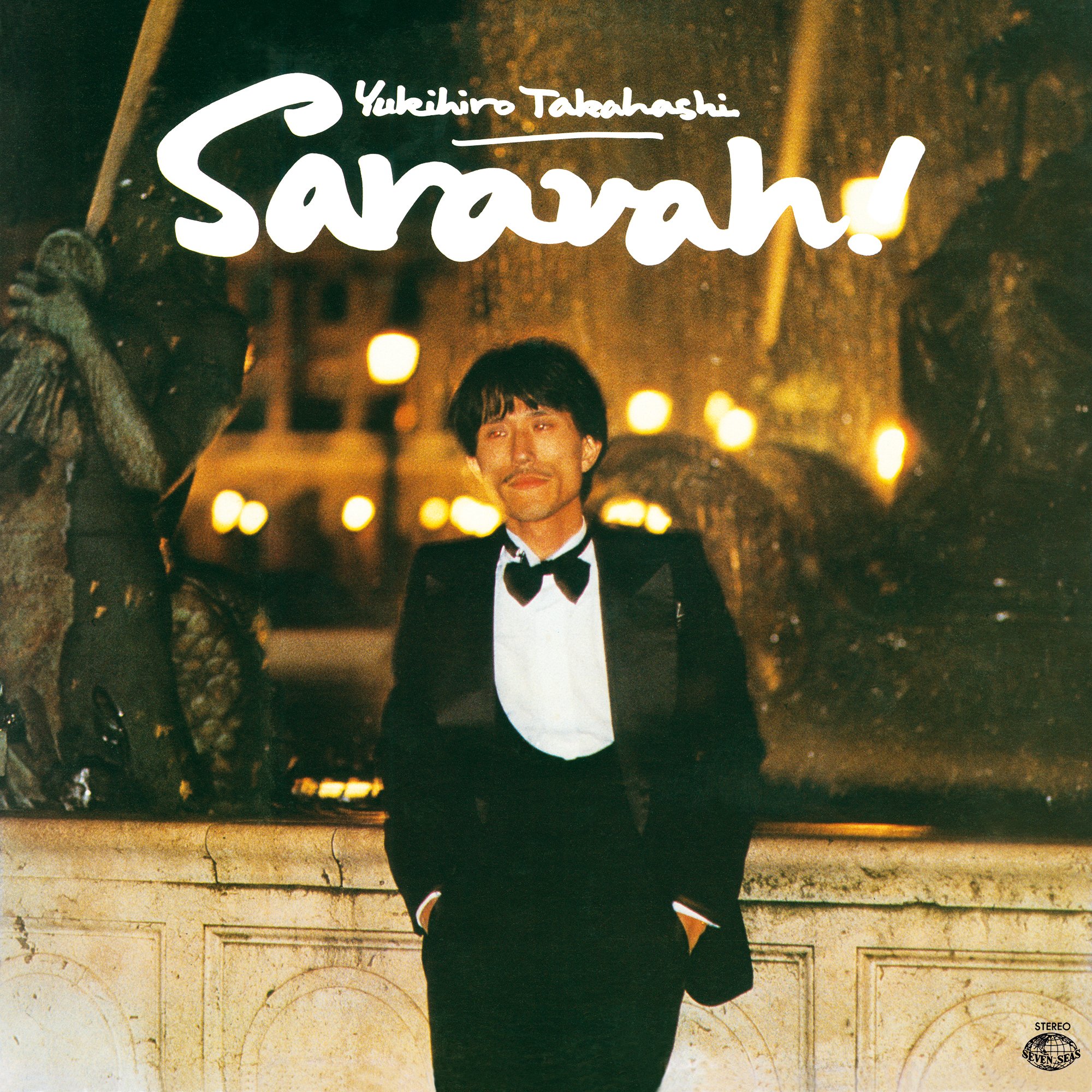
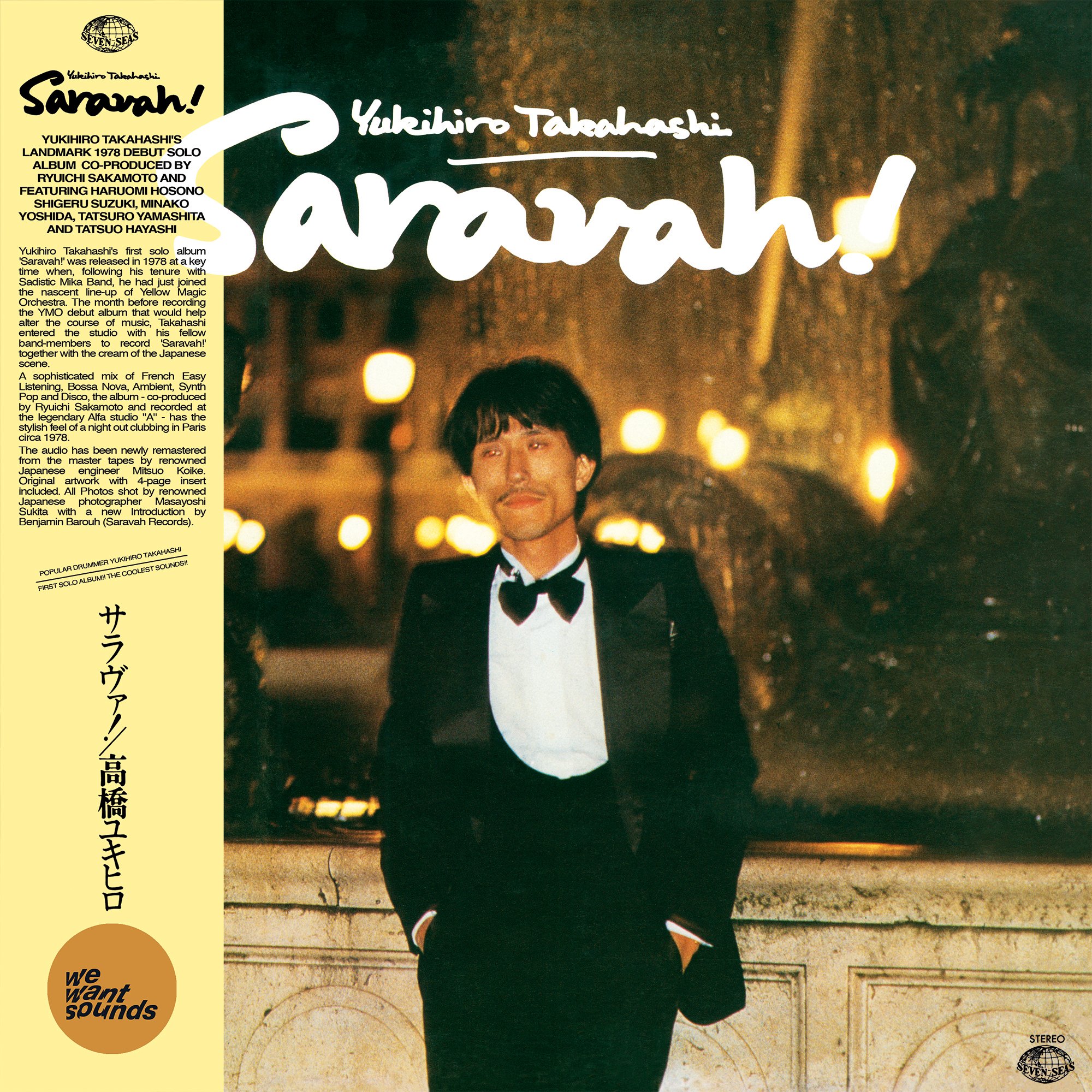

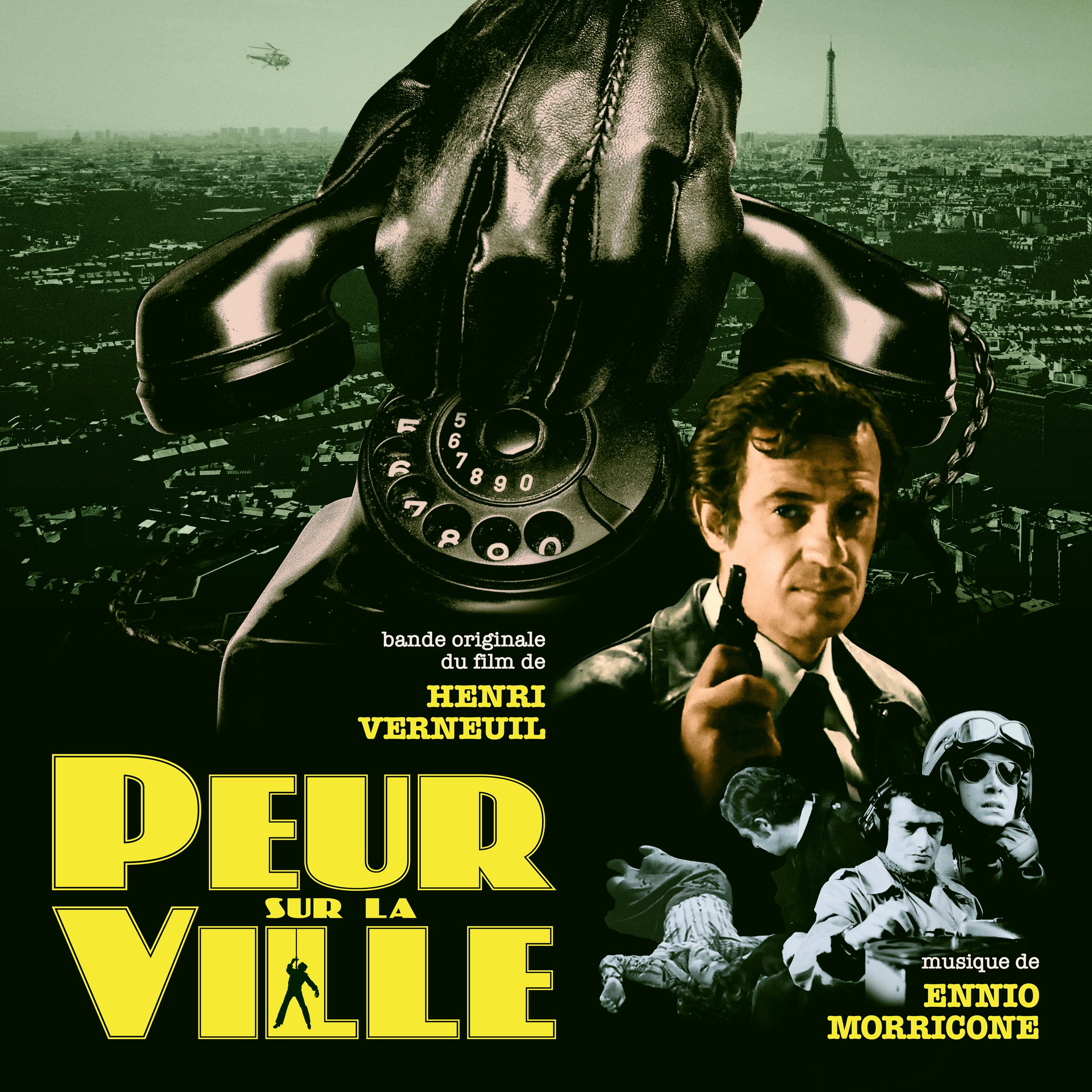


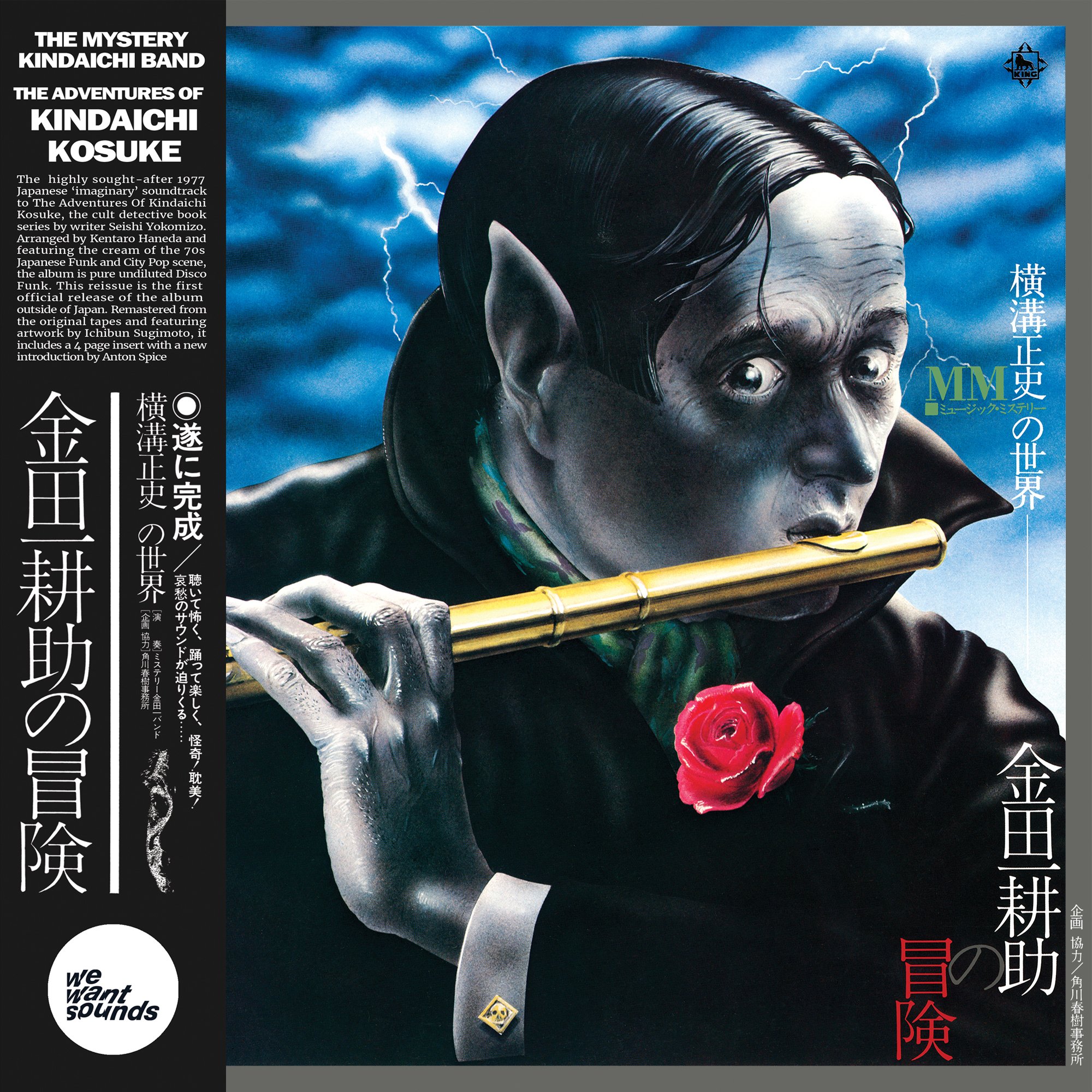

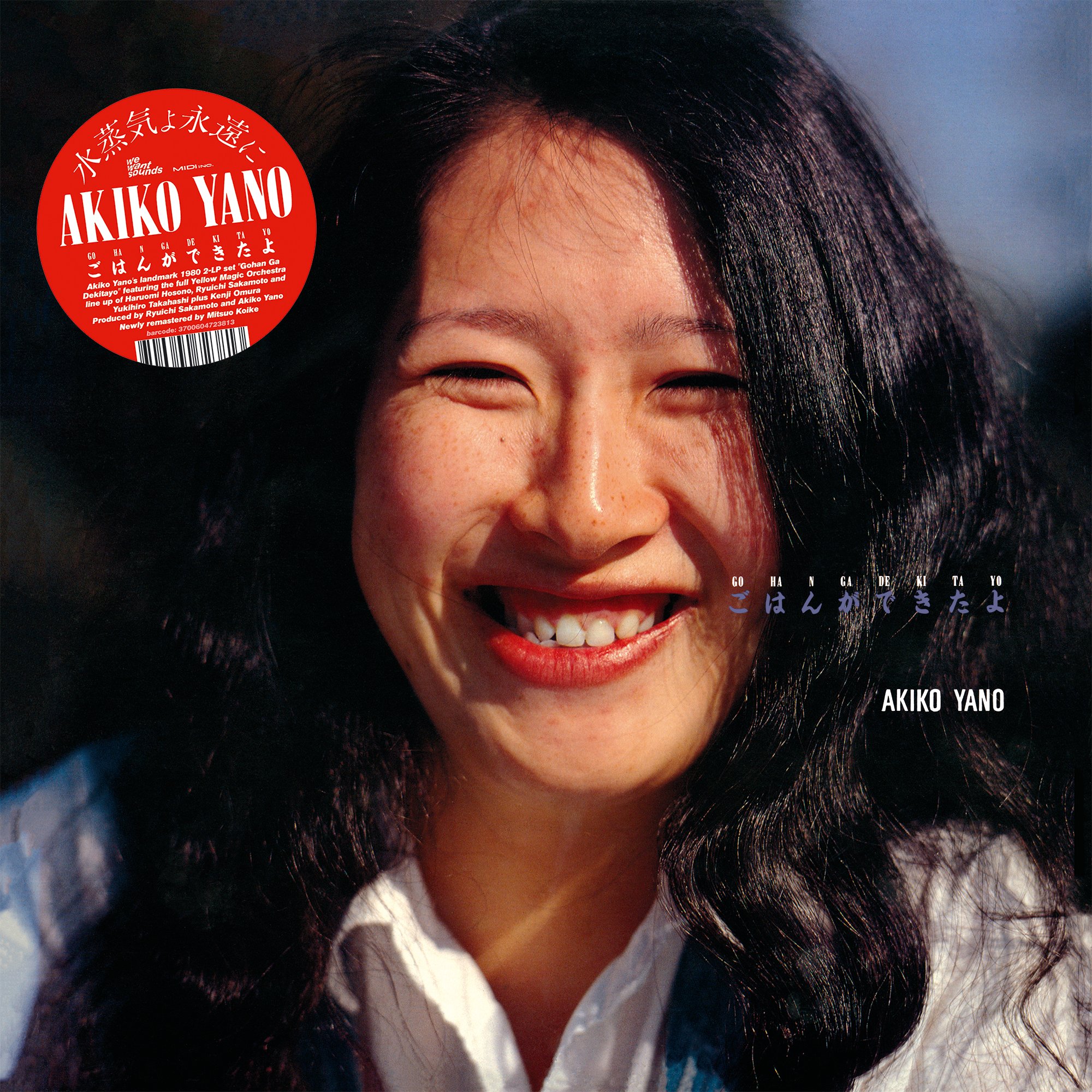

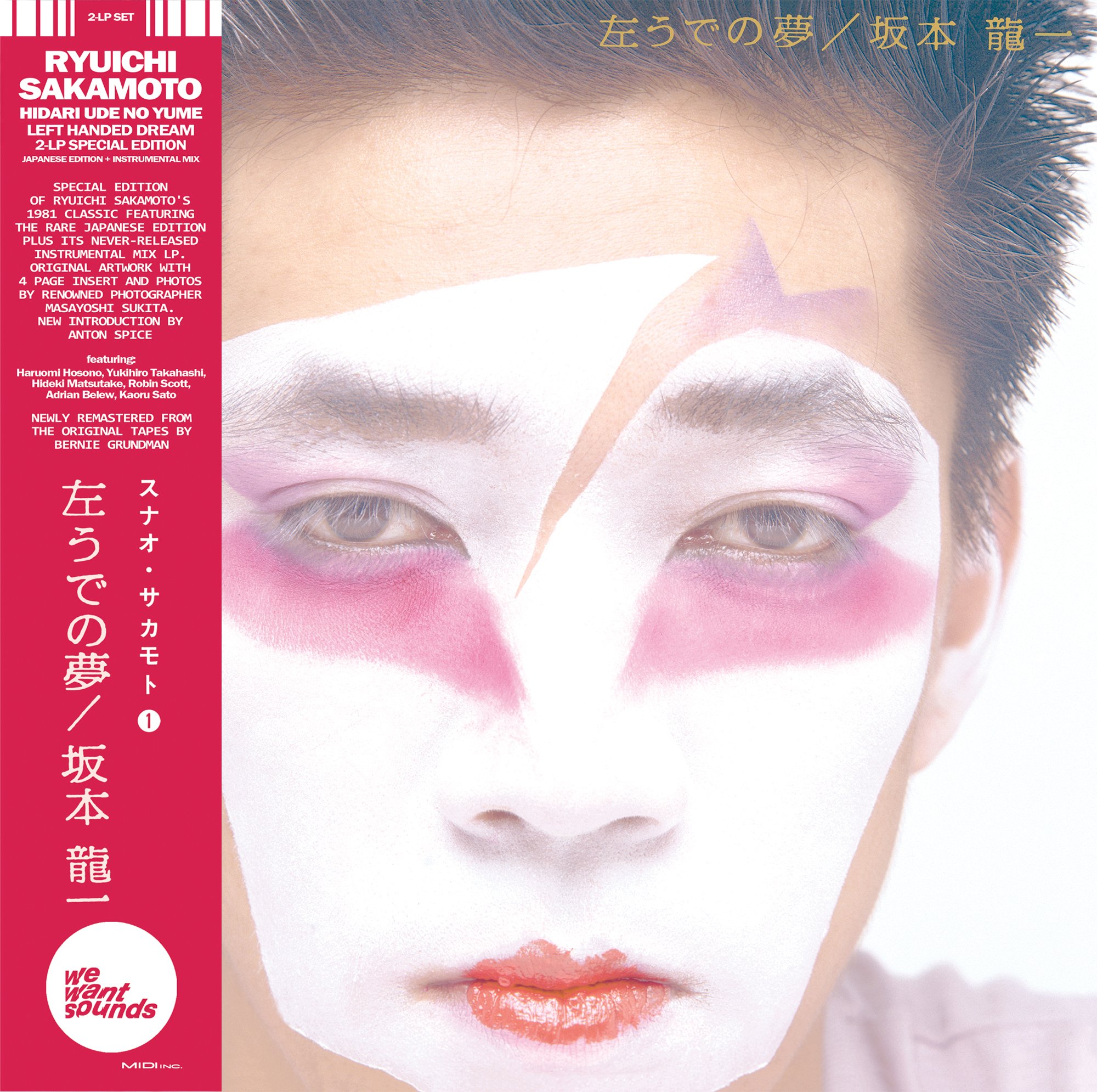



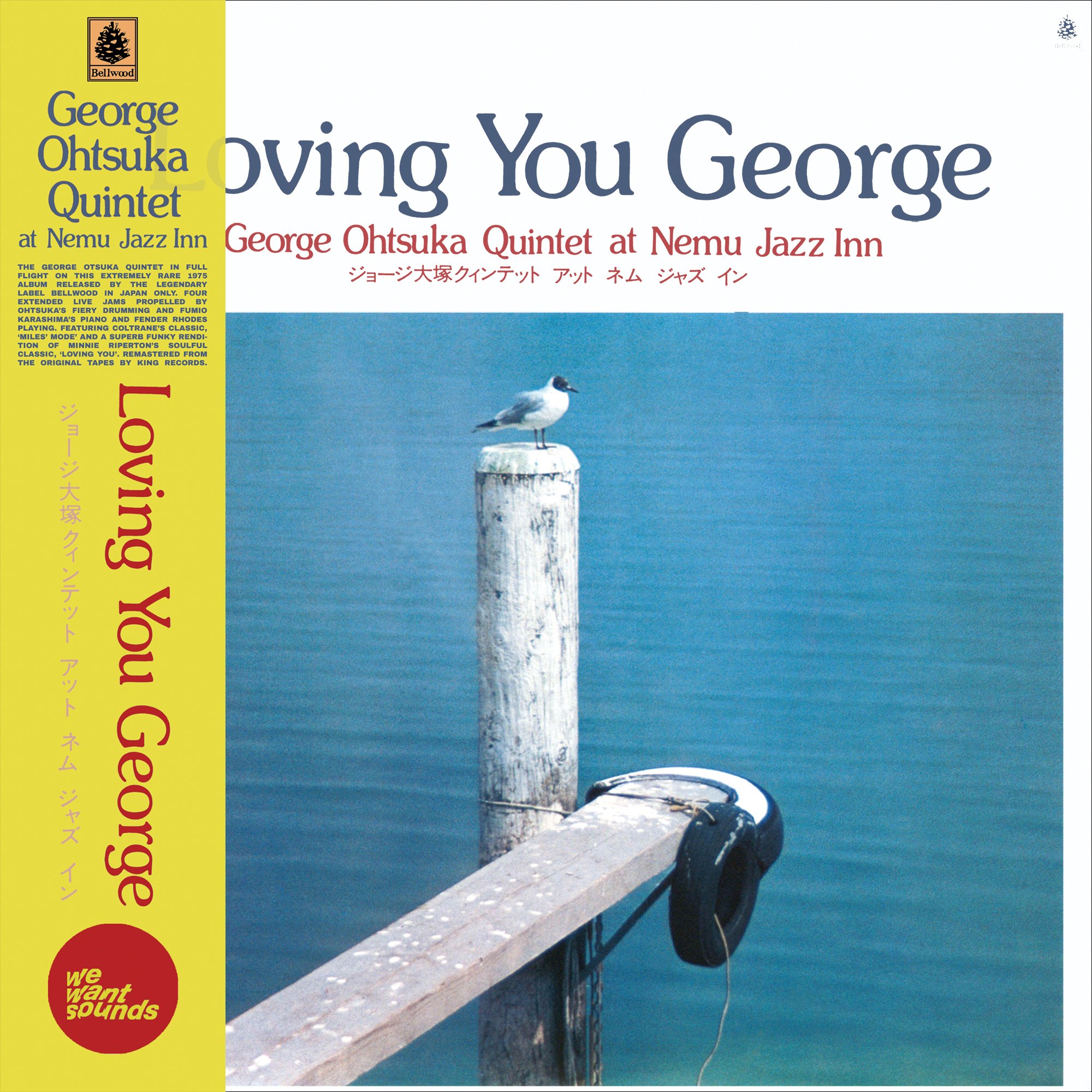








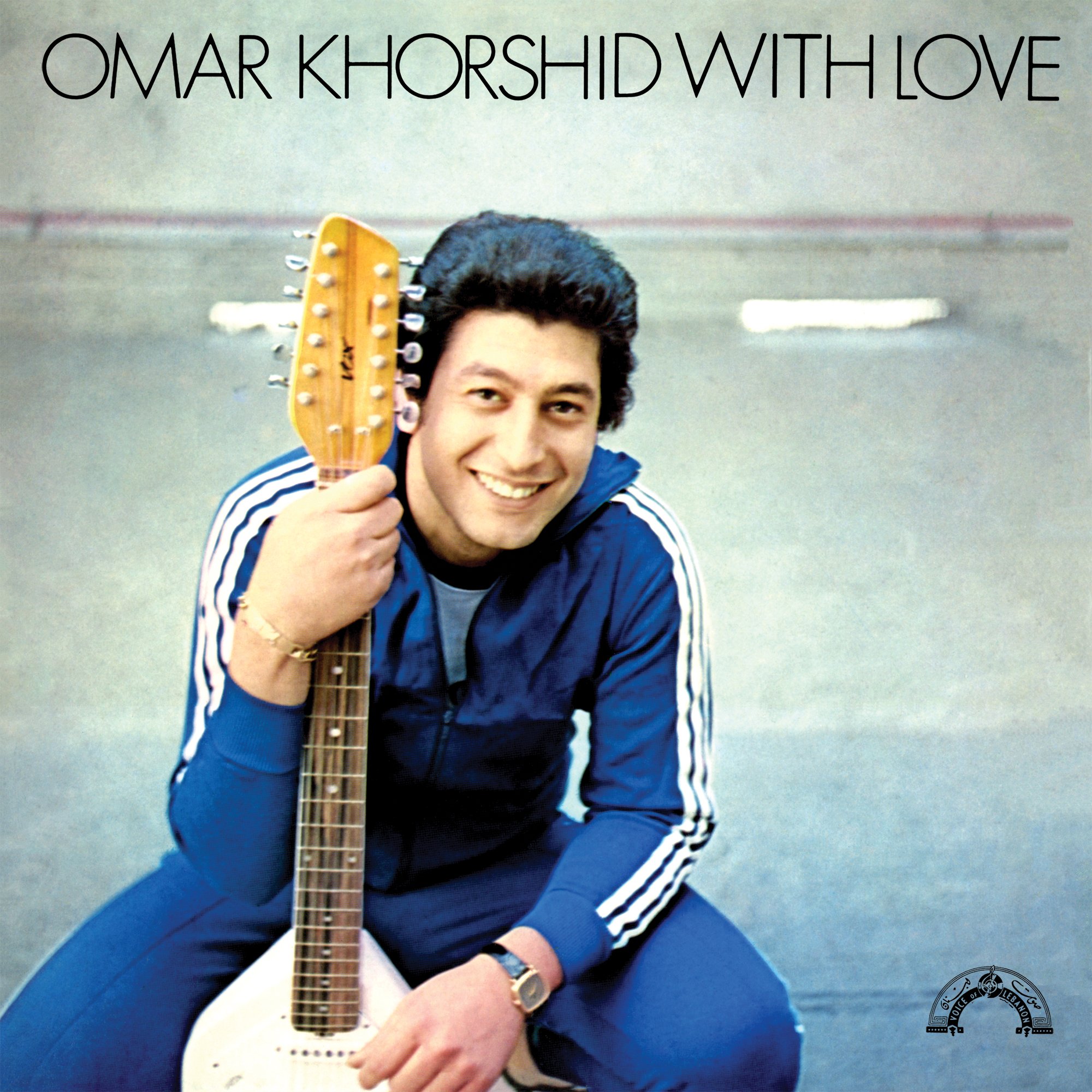








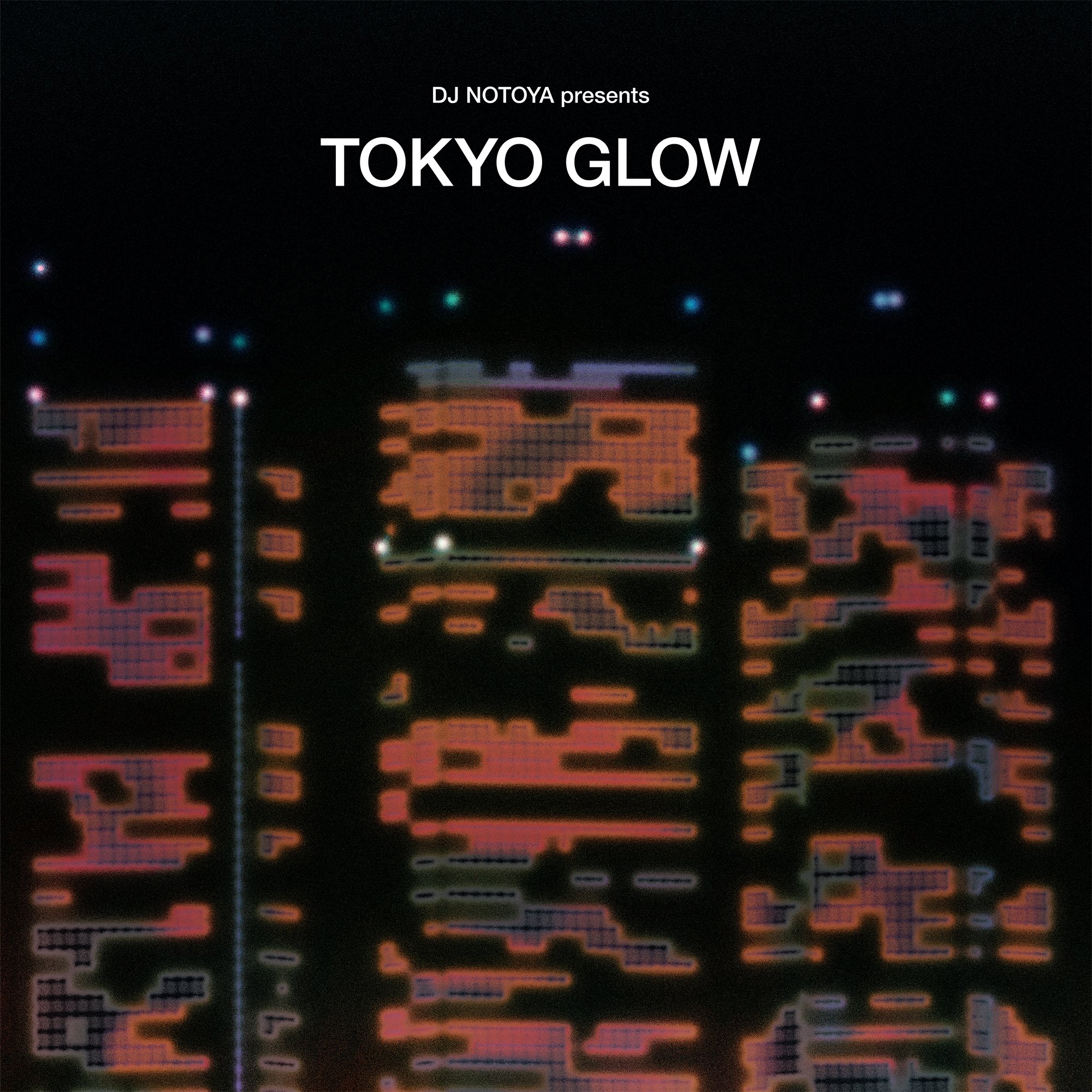





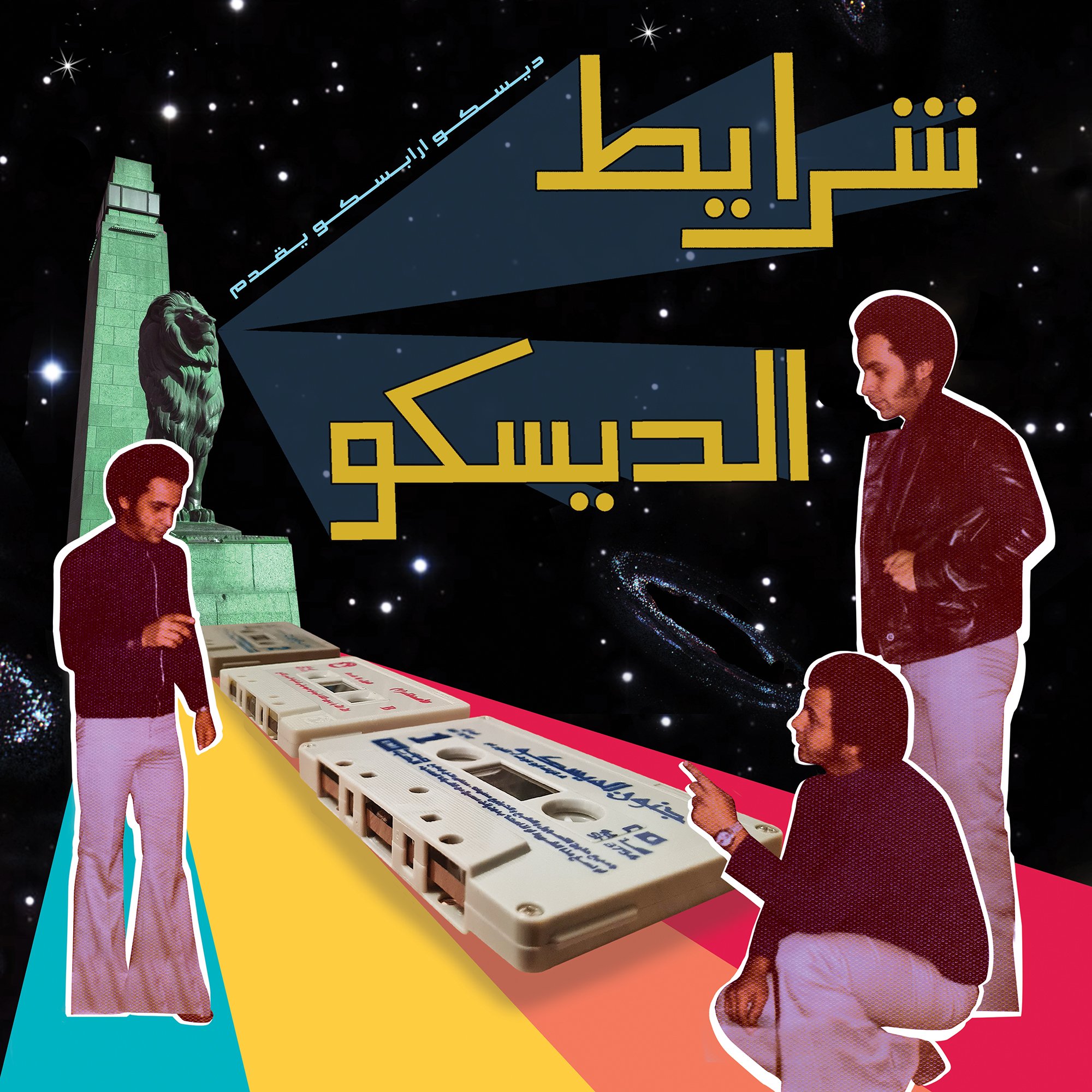




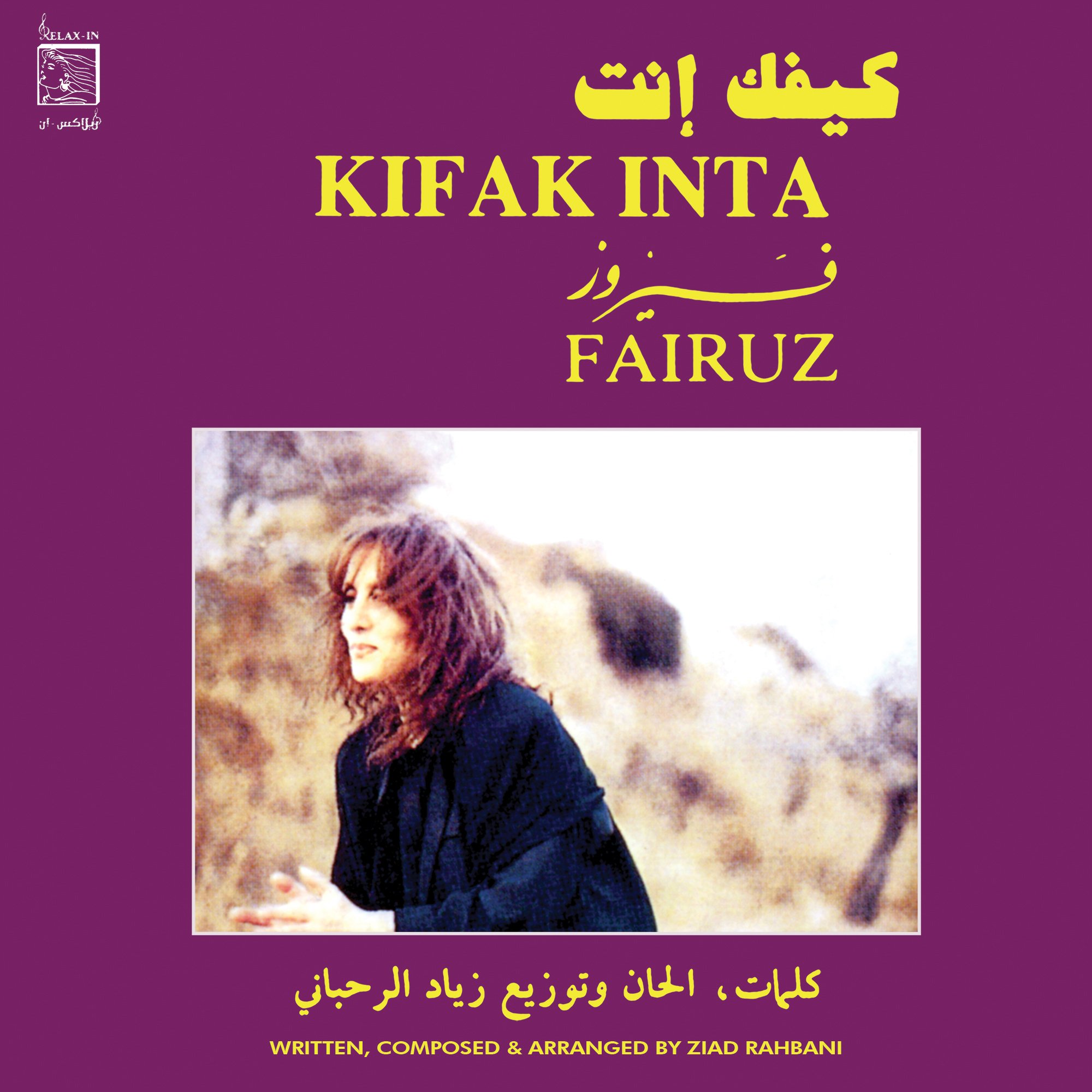


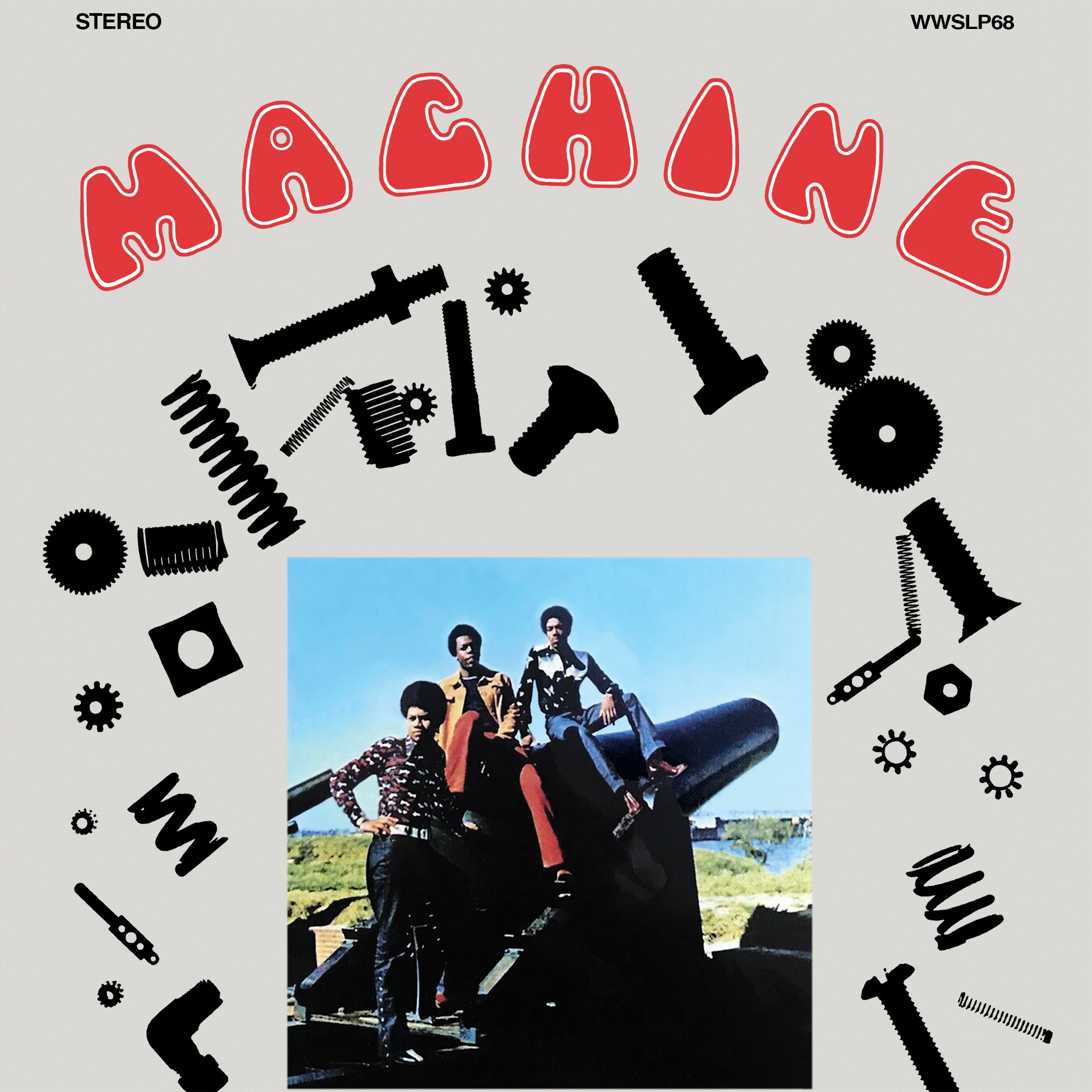
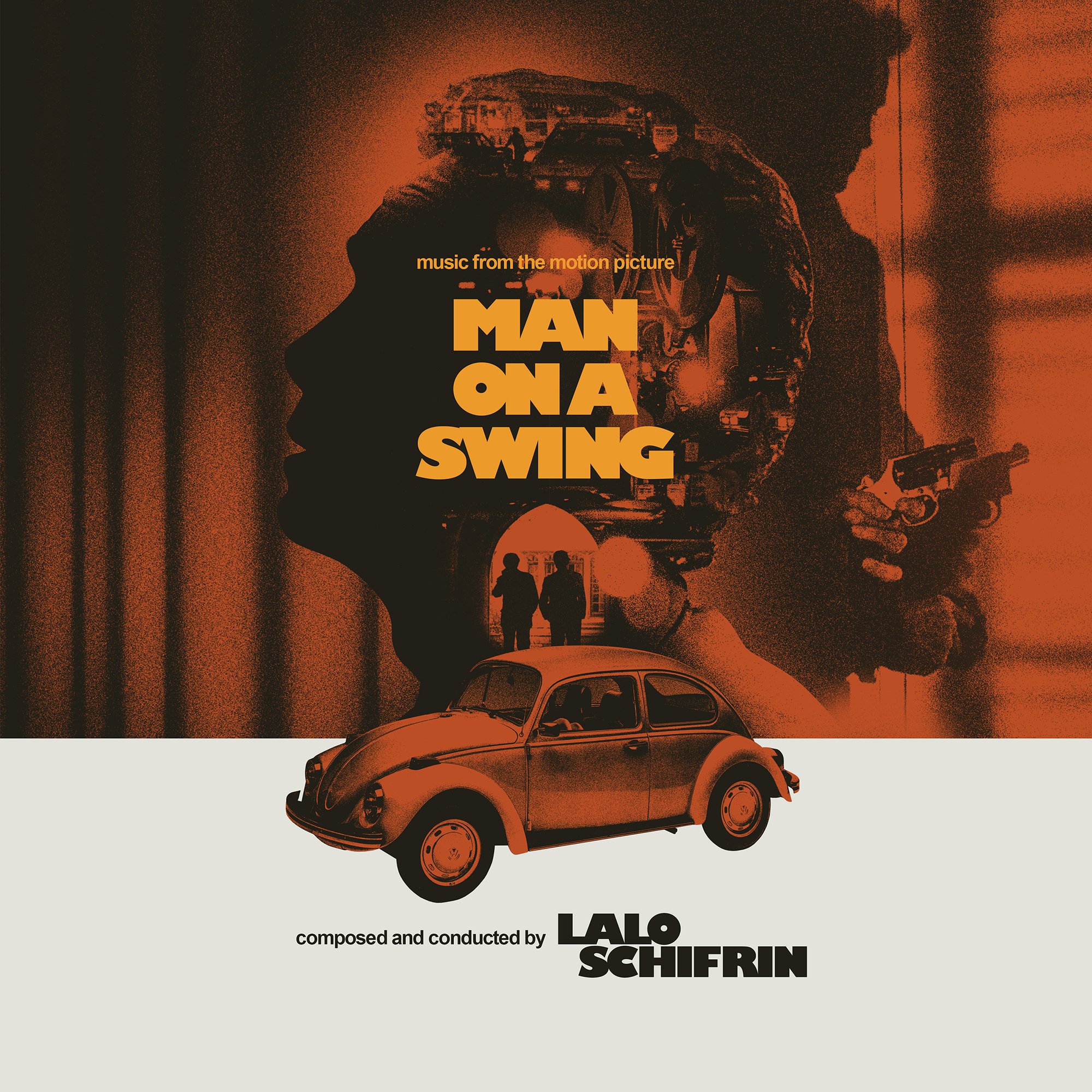

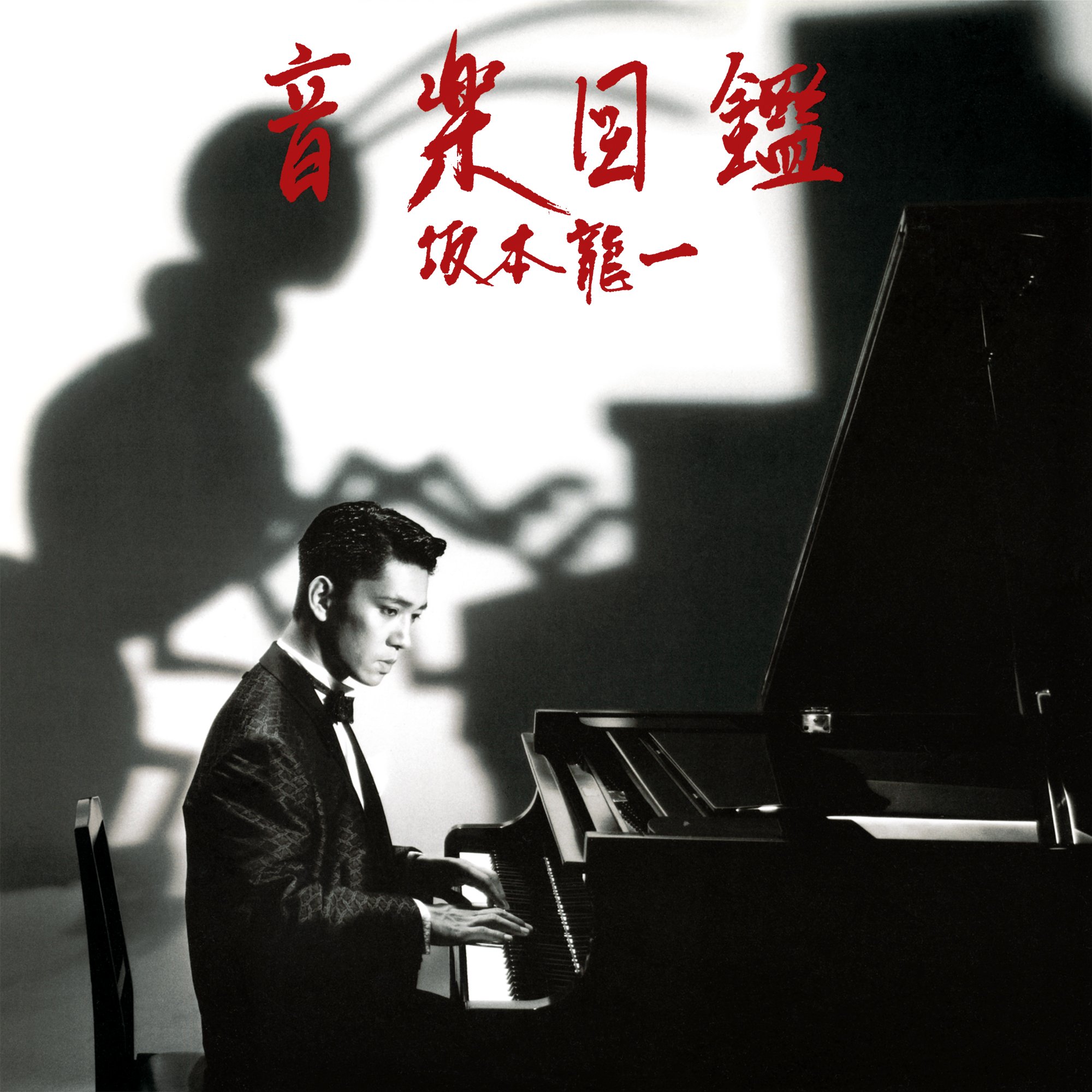









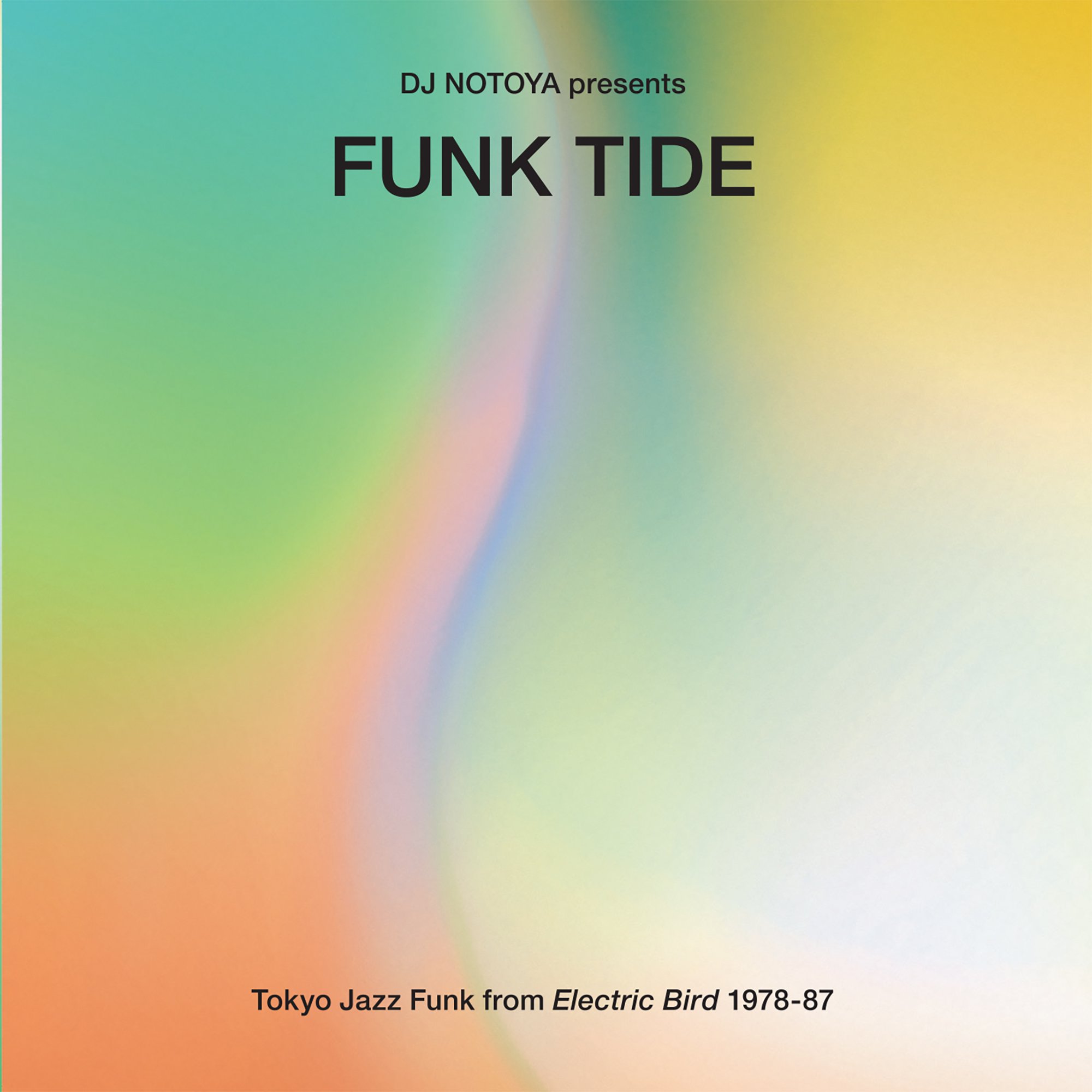




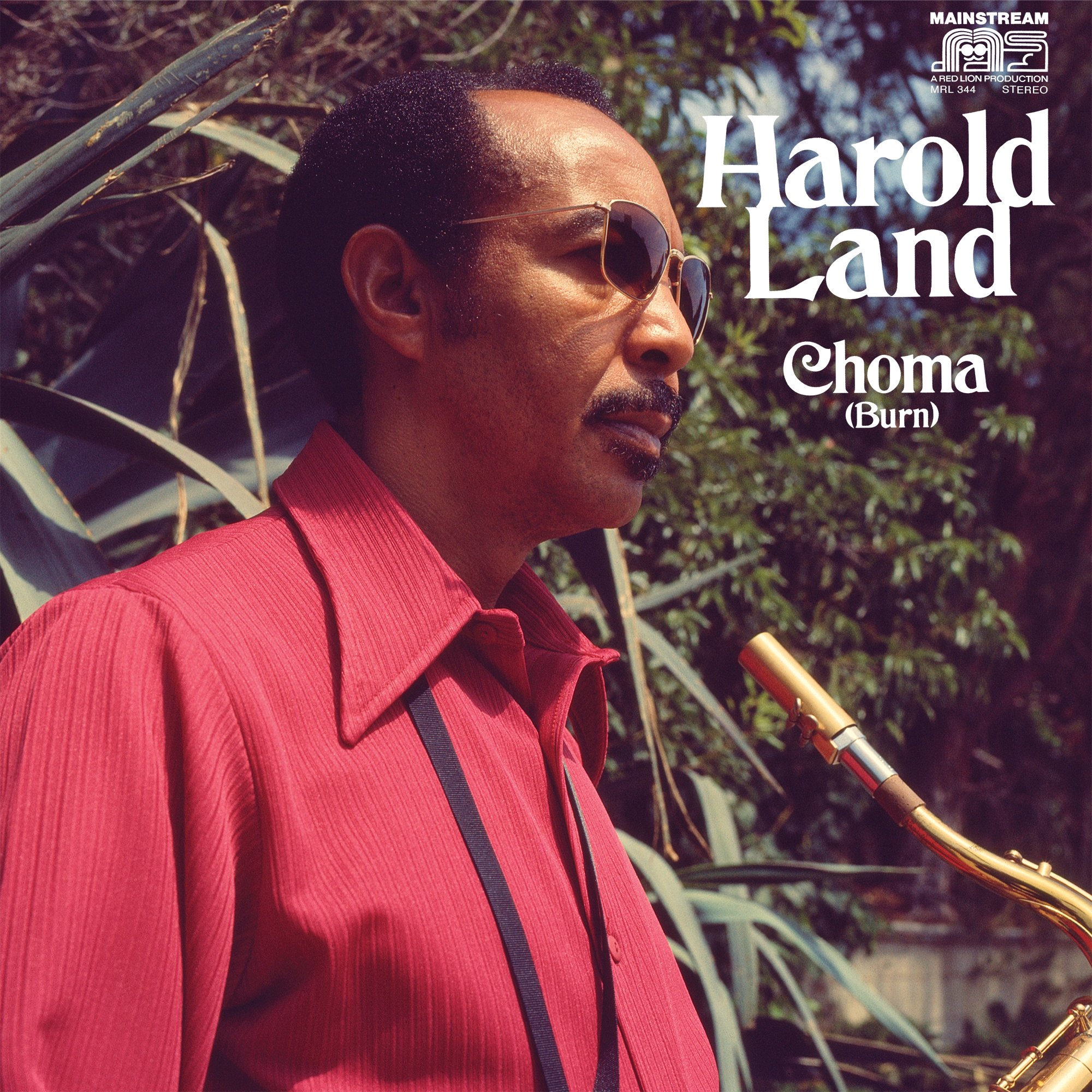









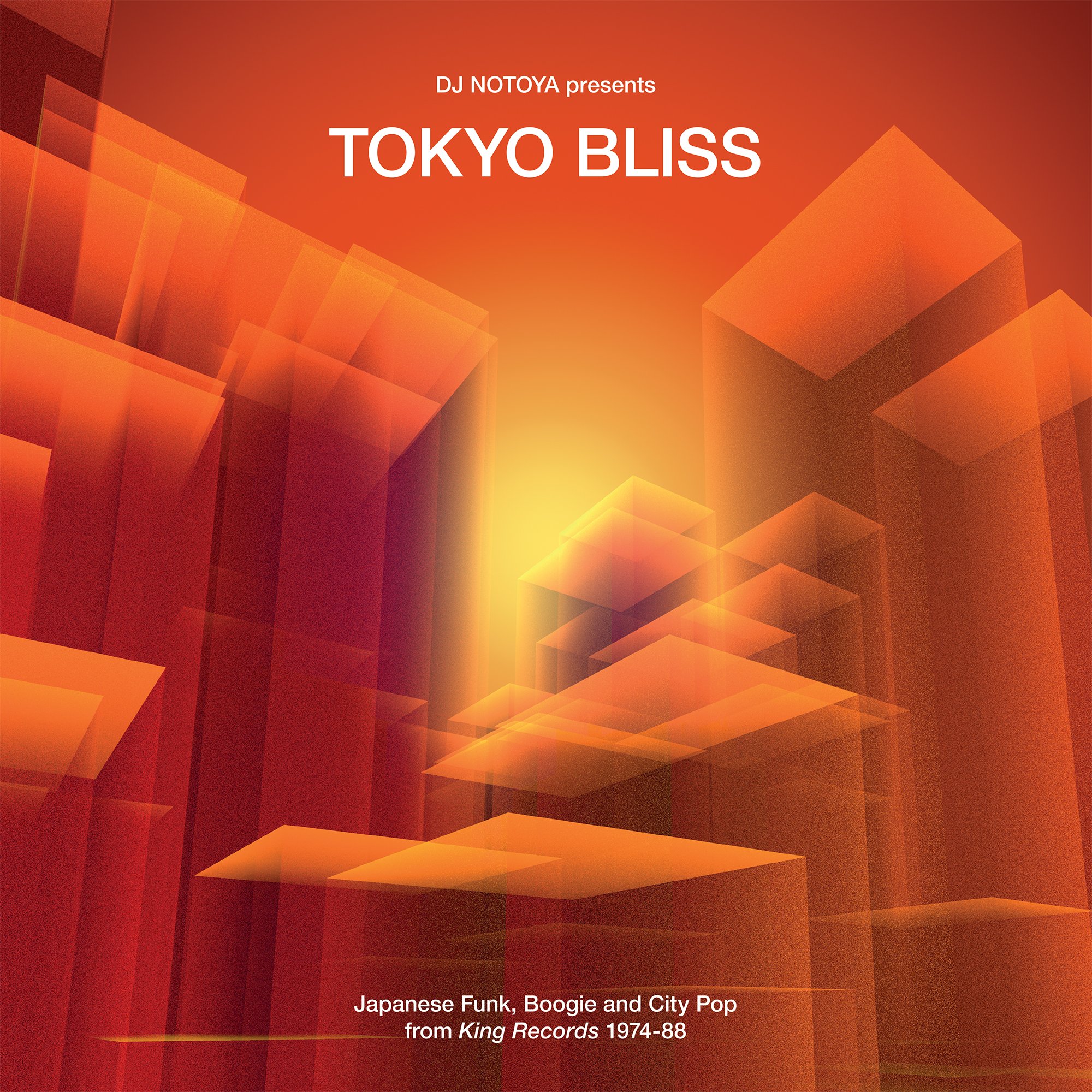

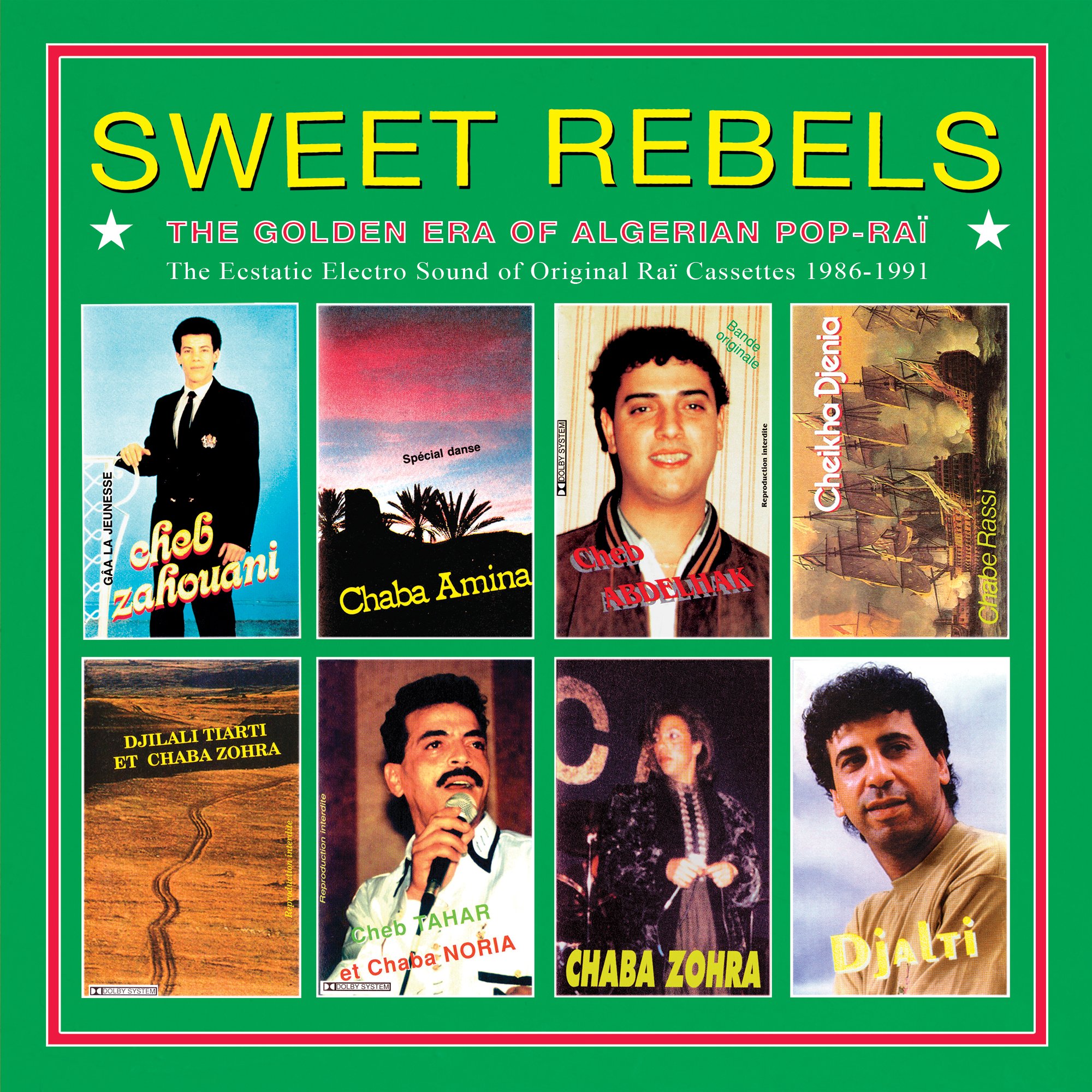
What inspired you to start Wewantsounds, and how did your background influence its
creation?
We started the label out of a desire to share albums and music we like and that may not be well
known by a larger audience. It’s always fun to get people to discover new music and there’s so many
artists and albums who were overlooked. It’s great to be able to spread the buzz to more people
than just your inner circle. More than that, we are interested in the wider picture culturally speaking
- behind a certain artist or album. We always like to connect the dots between artists and trends and
show threads between them that may not be visible. For instance William Burroughs was a huge
influence on many artists such as David Bowie, Lou Reed, Patty Smith, but Brion Gysin, whose avant
funk album we reissued produced in France by French musician Ramuntcho Matta, is even more
influential as he actually influenced Burroughs himself.
Wewantsounds doesn’t focus on a particular genre but spans continents and decades. How
do you decide which records to reissue?
We are very eclectic in our tastes and listen to lots of different types of music so that leaves an
imprint on the output of the label of course. We like to go in many different directions
simultaneously. When it comes to select what albums we will reissue it’s pretty organic. We try to
keep a balance in the versatility so people keep getting surprised. We have built privileged
partnerships with a few licensors over the years and have a few series going: like reissuing the
original albums of Japanese singer Akiko Yano, Ryuichi Sakamoto or Fairuz. We also work with DJ
Notoya in Japan who comes with great Japanese music selections or with Ramuntcho who made a
lot of great music in the 80s and opened his vaults for us. It’s a bit like a big family of likeminded
people who share the same eclectic tastes somehow.
Can you walk us through your process of identifying and acquiring the rights for these rare
and often obscure records?
The process really varies but we tend to deal with established indie labels most of the time like
Nippon Columbia or King in Japan, Relaxin in Lebanon or Mainstream Records in the US. We
sometimes license from Major labels for specific projects like recently with Warner for the French
soundtrack “Clara et les Chics Types” but it’s not so frequent. We also deal with the French radio
archive body INA who have great recordings by a large array of musicians. Sometimes we dig into
really obscure albums and try to contact the artists when rights are in limbo but not so often as it’s a
lot of work and the return is usually not very high. We made a deal with Robert Cotter who did an
amazing funk album in 1976 which is actually Chic’s first recording (on two tracks) as Robert was
their singer when they were still called The Big Apple Band…
Your releases feature meticulous remastering and gatefold sleeves with liner notes. Why is it
important for you to go beyond just the music in your reissues?
This comes back to why we started the label. We like to tell stories and there’s always great ones
behind each album or artists. Reissuing the albums by Japanese actress and singer Meiko Kaji was an
opportunity to talk about the early 70s Japanese exploitation films she starred in and which were
hugely influential to Quentin Tarantino for instance – “Kill Bill” is directly inspired by Meiko Kaji’s
1973 film “Lady Snowblood.” Releasing an unissued 1972 concert recorded in Paris by The Black
Artist Group is an opportunity to tell the stong history between Free Jazz and the French capital and
also a chance to release only the group’s second official album in fifty years. Reissuing albums by
Fairuz or her son Ziad Rahbani is a great way to talk about Lebanese music and culture.
Your releases include music from diverse regions like the Middle East and Downtown New
York. What role do you think these reissues play in preserving or revitalizing cultural heritage?
Hopefully it sheds light on the artist or a musical style that may not be so well known. A lot of music
from around the globe was released locally at the time so unless you belonged to the diaspora or
had a special interest in music from this country, you wouldn’t have necessarily heard about these
artists. Warda is hugely famous in the Middle East but major labels in the West wouldn’t release her
records outside of the Middle East. Same for Akiko Yano or Yukihiro Takahashi who were very
famous in Japan and were part of YMO but their albums were aimed at the Japanese audience. So
it’s great to be able to now release these albums in the rest of the world, it’s like giving them a
second life with a worldwide release 40 or 50 years on. Digital is great but there’s not real promotion
around digital releases. A physical LP helps bring attention to these albums and create a buzz that
will spread the word.
What are some of the biggest challenges you’ve faced in running a boutique label focused
on quality reissues? What’s been your greatest success? If you had to pick one record from your
catalog that holds a special place in your heart, which would it be and why?
The biggest challenge is to keep coming with release with the highest quality in terms of repertoire
and keep surprising people which can be challenging on the licensing side. You have to keep looking
and finding new interesting ideas and make sure access to the album is possible.
In terms of success, our greatest one is to present important artists like Akiko Yano or Ziad Rahbani
to the rest of the world – these artists are a real discovery for a lot of people.
One record which is really special to us is Saravah by Yukihiro Takahashi – it’s a great album and
encapsulate the spirit and versatility of the label as it’s an homage to French music and Pierre
Barouh with his Saravah label. Pierre Barouh helped popularise Brazilian music in France and
produced such artists as Brigitte Fontaine, Steve Lacy or Nana Vasconcelos. The cover photo of
Takahashi’s album was shot in Paris and the album was recorded in 1978 just before YMO took off
and it mixes lots of influences – Brazilian, French, Italian, Disco, Funk. So it’s really interesting to see
where Takahashi was at just before YMO started and what he brought to the mix.
Is there a “holy grail” record that you dream of reissuing someday?
There’s an amazing live recording by James Brown at the Newport festival in 1969 that is one of his
best live concerts. It’s on youtube but was never released - I wish we could do it but probably out of
reach for legal reasons.
For those who might just be discovering your label, which record would you recommend as
a starting point?
It’s a hard choice – maybe the Alice Clark album from 1972 on Mainstream Records. It’s a cult album
and mixes Jazz and soul in a unique way. it’s Clark’s only LP. It didn’t sell so she quit music shortly
after to concentrate on raising her family. We found her grandson who is a rapper and he wrote liner
notes for the reissue. We also found many unissued photos and managed to reconstruct the line up
which is not included in the original LP.
How do you see Wewantsounds evolving in the coming years? Are there any upcoming
projects or releases you’re especially excited about?
Our objective is to keep releasing good music and get people to discover more stuff. We don’t really
have a set plan and we like the idea of growing naturally. We’ve recently released albums but new
artists (Al-qasar and Biensüre two very interesting multicultural groups) so let’s see where it will lead
us, maybe we’ll do more artist development in the future!

